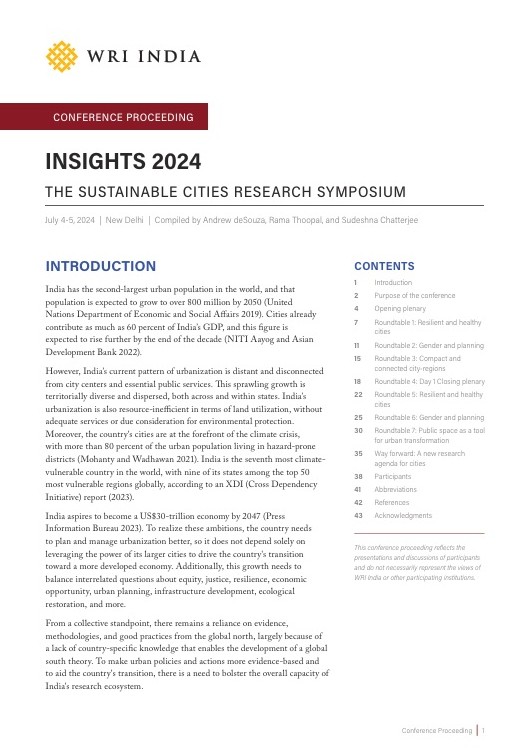Wading Through Waste: 6 Books on India’s Waste Challenge
by -
A zoomed-out view of hillocks of waste is on the television news. Parts of this mountain of trash are on fire, and thick, black fumes emerge from it. The news ticker reads that the region is witnessing record-breaking temperatures yet again.
This is not a vision of the apocalypse but the reality of many urban centers that we routinely see on prime-time news. We have become sizeable consumers and, hence, generators of waste. Where and how the waste from our homes, offices, colonies and facilities travels and ends up is lost on many of us.
Waste management is one of the most pressing challenges faced by administrations and municipal bodies across Indian cities. Currently, India generates over 62 million tonnes of municipal solid waste every year, with plastics, paper and e-waste comprising the majority of the inorganic waste. Out of the total plastic waste produced daily, only 8% gets recycled. Much of the remaining waste, never collected or measured, is often dumped in open spaces and drains. As a result, it creates other impacts in the form of localized air pollution due to open waste burning, choking and contamination of water bodies, and erosion of soil stability and strength, among others.
There is also the issue of food waste. Research suggests that India produces a staggering 78.2 million tonnes of food waste, which could feed close to 377 million people. Yet, we often end up discounting the scale of this issue. Developing a deeper understanding of waste and its impact on ecosystems and people is the first step to tackling this rapidly growing anthropogenic challenge.
Will the things I throw away stay on this planet forever? What effects will it create for the ecosystem? How do I adopt a low-waste lifestyle? Many of us have thought of these questions at one time or another. These six books serve as a starting point to unravel these questions and understand the current and future perils of the waste we produce, dispose of and try to manage.
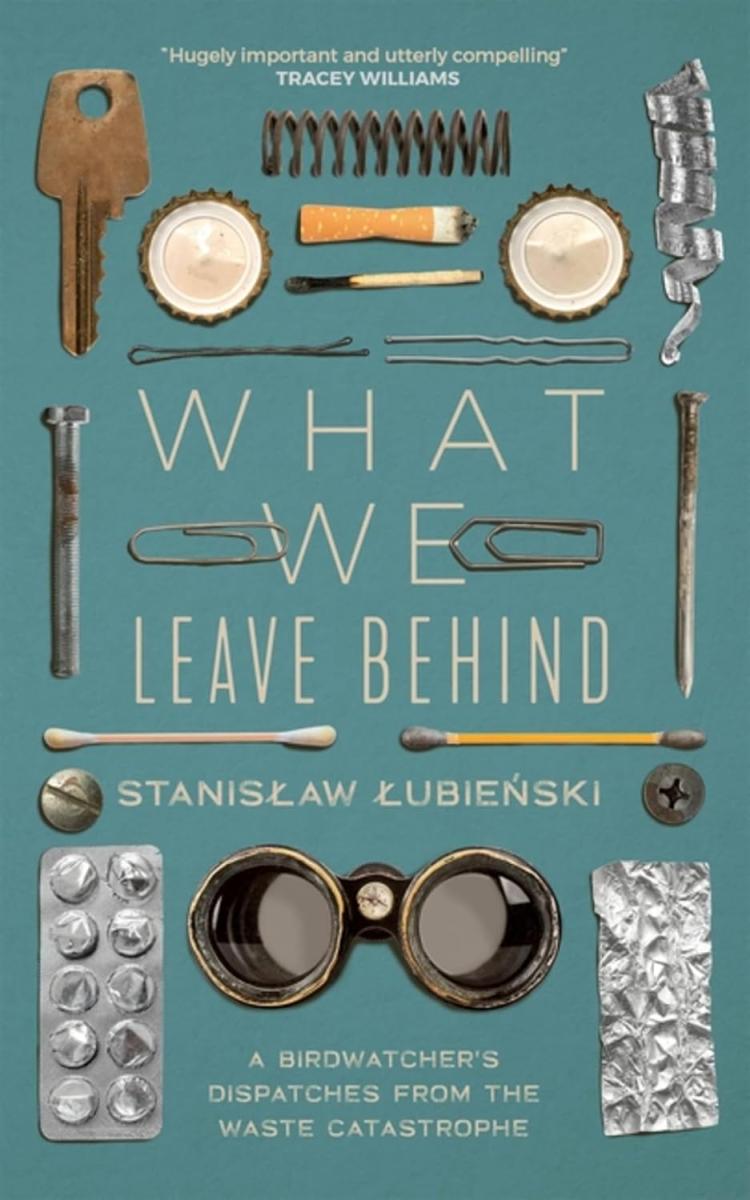
What We Leave Behind: A Birdwatcher’s Dispatch from the Waste Catastrophe by Stanislaw Lubienski
Legacy takes a new meaning in Polish reporter and ornithologist Stanislaw Lubienski’s account. Triggered by an unwanted encounter with an orphaned sock on a pristine sandy beach, his investigation leads us deep into the unending cycle of things we make, use, and dispose of and their lasting impact on our environments. From tracing the origins of the trashed items he encounters on his walks, to searching how various animal species contend with a littered ecosystem, his exploration is a critical commentary on the unsustainable footprint of our convenience-driven modern life.
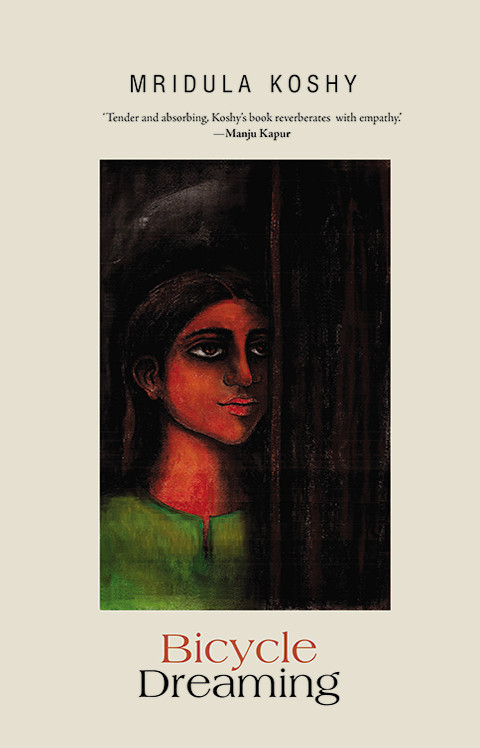
Bicycle Dreaming by Mridula Koshy
We enter Mridula Koshy's Bicycle Dreaming through the innocent dream of 13-year-old Noor, who wants a bicycle for her birthday, and find ourselves at the threshold of the precarious world of waste work. Daughter of a scrap collector or kabadiwalla,Noor is at the cusp of major upheavals – teenage aspirations, familial discord, shaky household incomes – and tragedies that are common to the lives of the urban poor negotiating their right to the city. Simple and effectual, Koshy’s writing lays bare the everydayness of lives lived in the shadows of waste recycling and the economies and ecologies they engender for its workers.
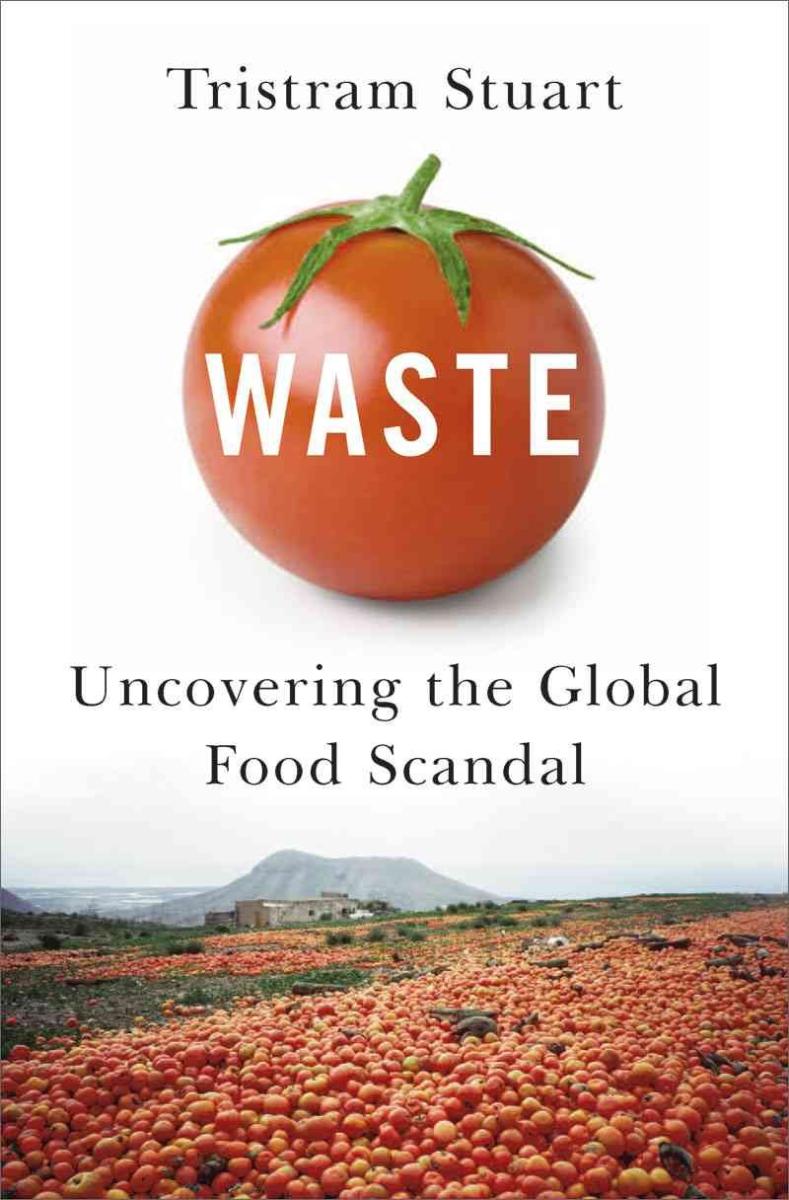
Waste: Uncovering the Global Waste Scandal by Tristram Stuart
Hungry pigs, angry farmers, nifty bosses – you meet them all in Tristram Stuart's study of the implicit issues within the global food industry across its value chains. Even as one billion people face food insecurity, waste disposal due to profligacy at one end and negligence at the other become self-cultured enemies across the two hemispheres. How do we move out of these deadlocks? What remedies could deliver us from these short and long-term problems? The book throws light on both the intent and innovations required to stop using food as a disposable commodity and honor the social and environmental capital that fuels its production.
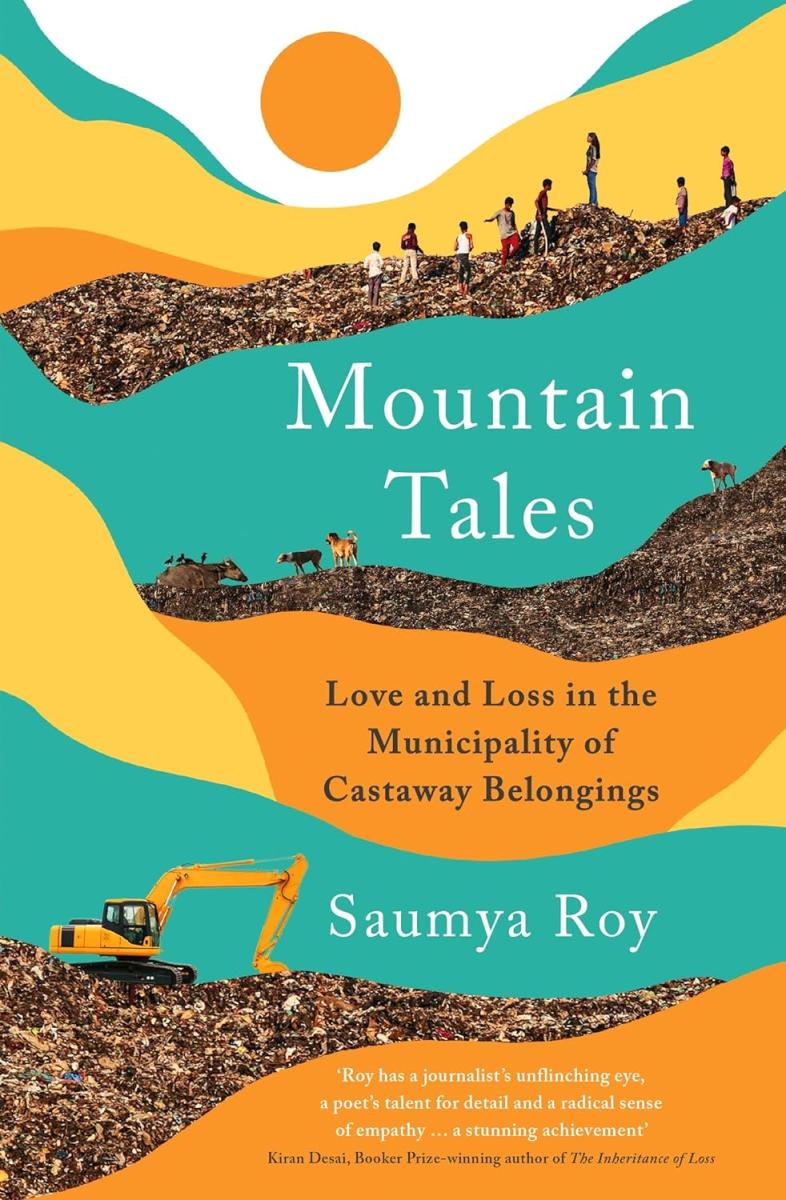
Mountain Tales: Love and Loss in the Municipality of Castaway Belongings by Saumya Roy
‘A city struggling with the cost of its appetites. A rubbish mountain eighteen stories high. And the people who call it home.’ Through the Deonar trash township in Mumbai, journalist-turned-author Saumya Roy delves into the lives of those for whom the landfill represents the entire microcosm - home, work, community, affliction and treasure. As she explores these castaways, referring as much to the secondary lives of waste as to those who handle them through this journey, she frames the unsustainable pathways cities continue to carve for themselves and the effects they create in real time.
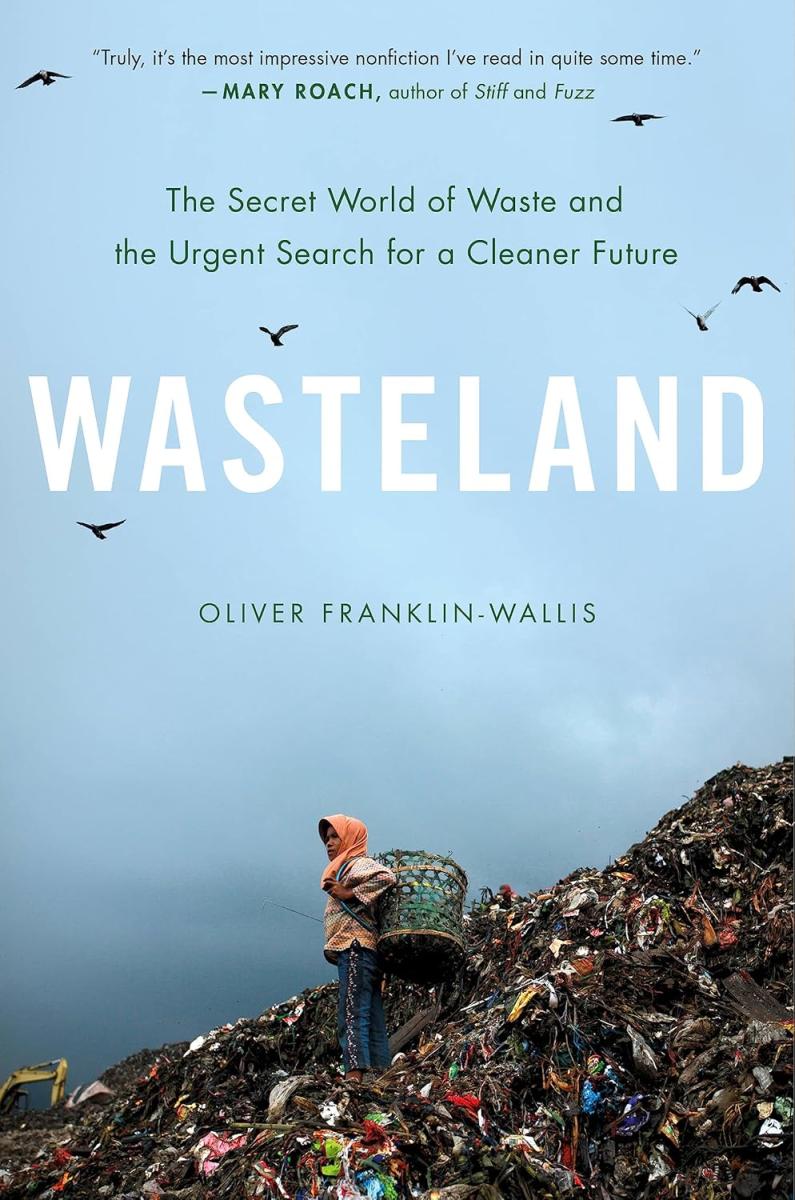
Wasteland: The Secret World of Waste and the Urgent Search for a Cleaner Future by Oliver Franklin-Wallis
In this take on the global waste crisis, investigative journalist Oliver Franklin-Wallis uncovers shocking truths on what underpins and keeps afloat the churns of the modern economy. What started as a story on green recycling at a Material Recovery Centre for a national newspaper becomes a trip across the world to find out what happens to things we throw away and the opportunities we lose alongside. Stitching together a landscape of stories moving from the waste pickers in India to hillocks of e-waste in Ghana and the radioactive debris in the United Kingdom's underbelly, the author spotlights people and systems at the frontline of handling waste.
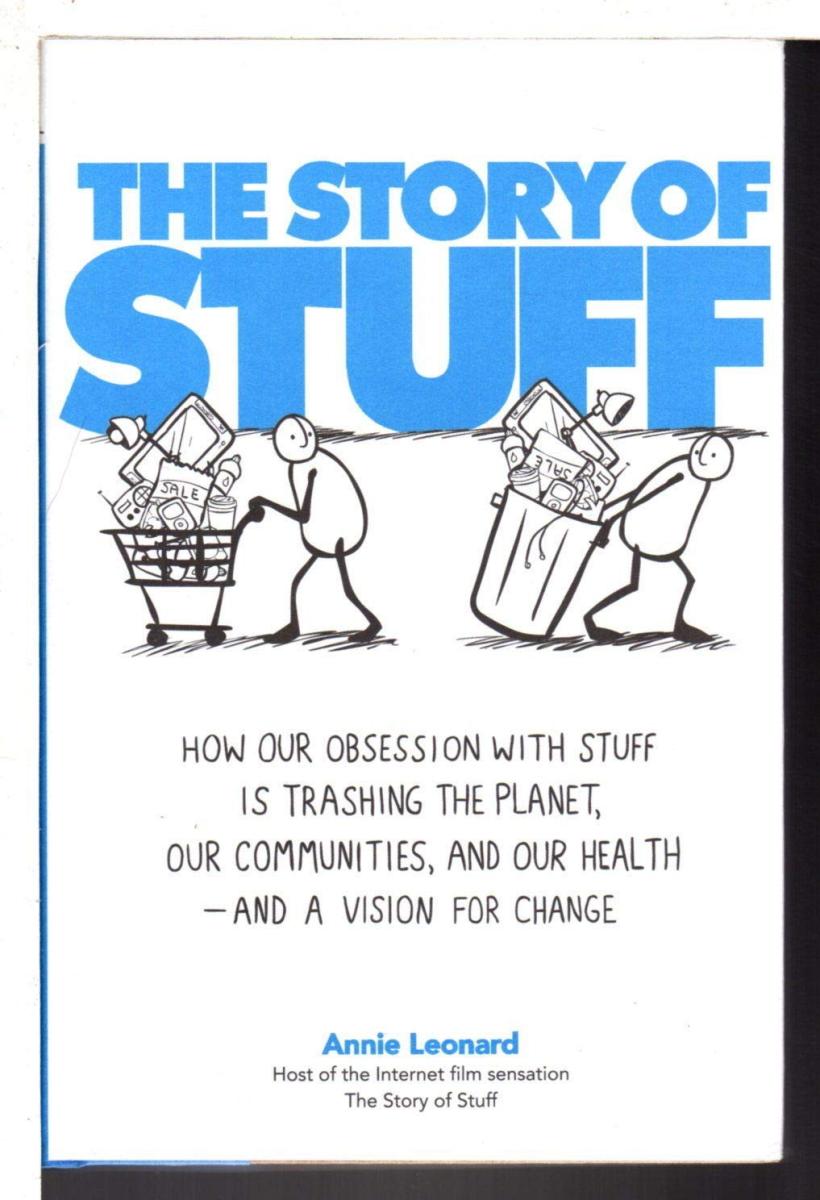
The Story of Stuff: How Our Obsession with Stuff Is Trashing the Planet, Our Communities and Our Health - And a Vision for Change by Annie Leonard
Annie Leonard's book takes off from where her much-celebrated documentary by the same name left off. Mixing humor, fact and story, the author builds an urgent case for sustainable resource use. In the backdrop is the commodity overdrive and take-make-waste culture prevalent across the globe, particularly in the United States, which consumes a whopping 30% of the world's resources and generates 30% of its trash. Who truly pays the price for these convenience-based consumption patterns and material economy often remains obfuscated, but it can change the way we think, consume and live.
Effective waste management requires transformation across the board – from individual behavior and infrastructural provisioning to stricter regulations and enforcement. Behavioral change may be the most difficult challenge, but we can be the beginning we seek. How many of us can claim to walk lightly upon this earth, leaving behind fewer problems than existed before us? Inculcating cleanliness discipline from a young age in schools and remaining intentional in our consumption and waste disposal can turn everyday actions into interventions for a healthier and more sustainable planet.

